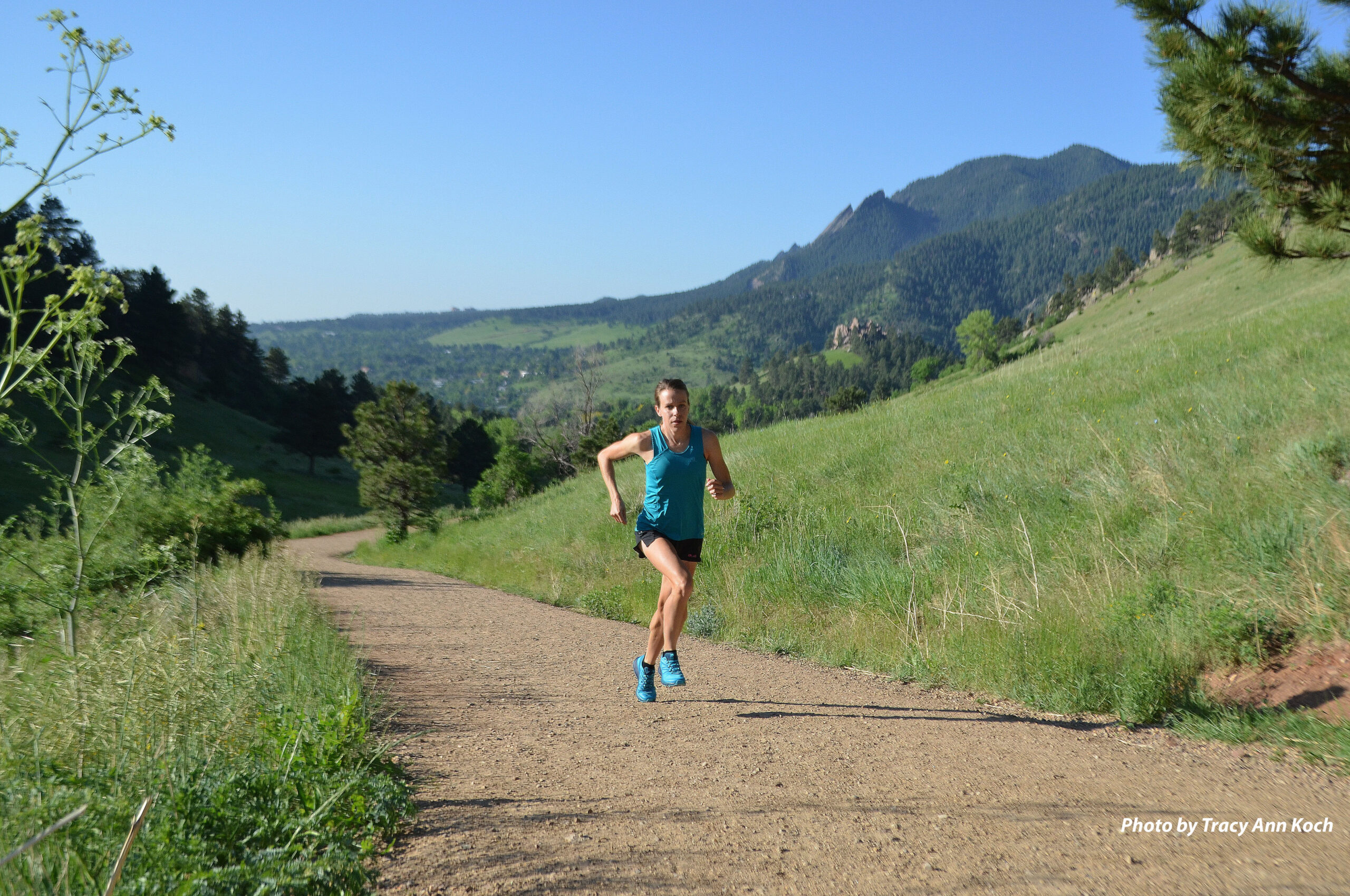How to Adjust Your Fuel Plan as Mileage Increases
By Brooke Schohl, MS, RD
Your training is picking up speed, you have your eye on your “A” race and you can’t wait to check off those lofty 2014 goals. Eating well the majority of the time (leaving room for occasional treats) lends itself to a seamless transition into training and your big race season.
As you begin to log more hours on the trail, these dietary tips will help you reach your goals.
ADJUST CALORIES ACCORDINGLY
- As workouts lengthen, your body will require more calories to both fuel workouts and meet the demands of daily life. It’s ok to bump up total daily calories. It’s a win-win, as your appetite will also increase as a result of all of this activity. Be careful here, this can be a slippery slope. Increased workouts do not mean that it’s time for a feeding free-for-all. Eat clean, eat well, make room for favorites but above all, balance.
WATCH GRAIN INTAKE
- There are good grains. There are not-so-good grains. Think whole grain bread versus white bread. Regardless, we tend to overdo it with even the good grains. There are many carb-containing foods outside of the grain category – fruit, legumes, and vegetables. Make sure these food sources are the focal point of your carb intake and then consume grains selectively, taking into account your training regimen for the day. In your off-season or times of lower volume training, your body really does not require many grains to meet carb needs. As training increases, you can afford more.
BUMP UP FLUID & ELECTROLYTE INTAKE
- When workouts increase, sweat rate increases. This means a loss of fluids and electrolytes, which need to be replaced! No matter the climate you live in, hydration is hugely important. You don’t need to go overboard, use urine color to assess whether you need less, more, or are just right (pale yellow). There are many options when it comes to electrolytes – capsules, powder, tabs and those from food sources/sports products.
EAT CARB + PROTEIN + FAT
- Consuming carbohydrate alone spikes blood sugar and releases insulin, which inhibits fat burning in the body. We WANT our bodies to burn fat efficiently, so be sure to pair carbs with protein + fat during meals/snacks. This method stabilizes blood sugar, evens out energy levels, and keeps you full longer. Preventing repeated blood sugar spikes also means better general health and vitality!
BE AWARE OF ALCOHOL’S EFFECTS
- Alcohol in moderation during training season is ok. Most sources recommend one drink for women, two drinks for men per day. Some of the not-so-great effects of alcohol on the body include: dehydration, impaired muscle growth, impaired muscle recovery and depleted energy. Remember, balance is key. You don’t have to cut it out entirely, but drink smartly!
As mileage and training increase, take a close look at your fuel plan and make sure it aligns with your training regimen. You DO need to meet caloric goals and sustain workouts; you don’t need go overboard and put on weight. Consult with a sports dietitian if you’d like more guidance!
Brooke is a registered sports dietitian and the owner of Fuel to the Finish Endurance Nutrition Coaching in Scottsdale, Arizona. She is an avid triathlete, having completed triathlons of all distances including 3 Ironman races. She integrates that personal experience and knowledge into developing customized, sport-specific fueling plans for her clients. Brooke and her husband, John, own Destination Kona Triathlon Store and Destination Kona/Triple Sports in Scottsdale, Arizona. For more information on her services and offerings, Brooke can be reached at brooke@dktristore.com.


